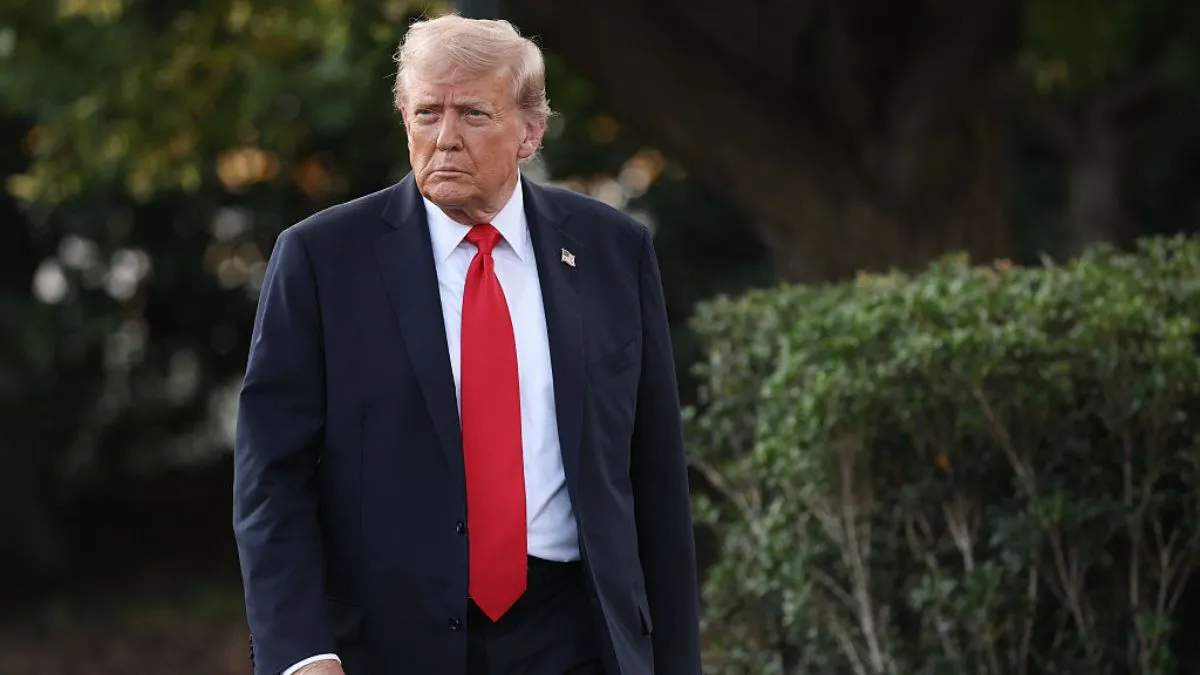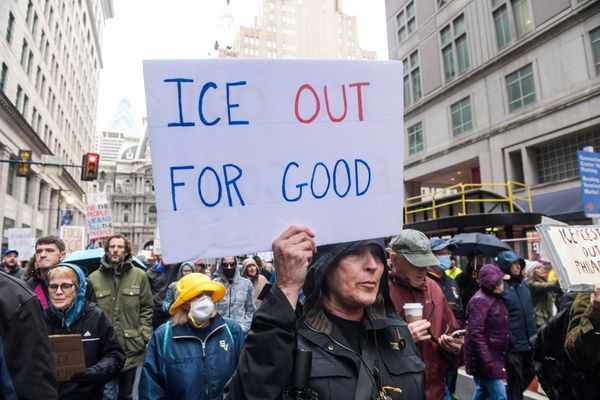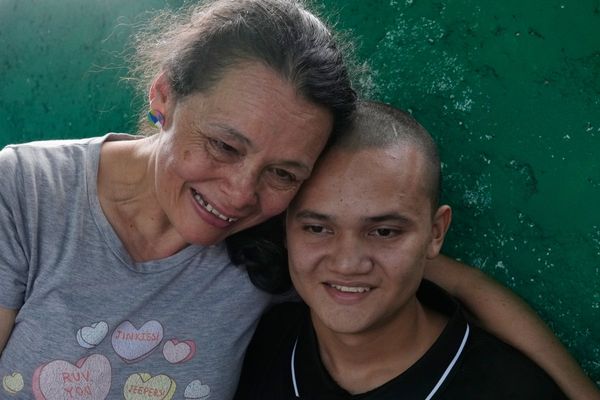
President Donald Trump has written a memo to Congress stating that he has added Colombia to a list of nations that have failed to cooperate with the US in the drug war. Colombia now joins a list of contemporary US adversaries such as Venezuela, Burma, Afghanistan, and Bolivia — but the Colombian president vehemently disagrees that they belong on the list.
Per AP, this process is called “decertification.” Adam Isacson, a security researcher at the Washington Office on Latin America, explained to the publication, “Decertification is a blunt tool and a huge irritant in bilateral relations that goes well beyond drug issues and makes cooperation far harder in any number of areas. That’s why it’s so rarely used.”
Reportedly, the last time Colombia was on this list was in 1997, in the immediate aftermath of Pablo Escobar’s death. These days, Trump targets Canada and Mexico for negligence in letting drugs slip through the US borders, but back in 1997 the Colombian president wasn’t just negligent — he was also fully complicit.
At the time, the Colombian president was Ernesto Samper, and it was believed that he was receiving illicit campaign funds from the drug cartels to ensure that once in office, he would protect their interests. But his political and international career went down the drain when his plane, scheduled for New York for a General Assembly at the UN, was caught with 4 kilos of heroin.
Samper was soon ousted, and the US found a way to collaborate with Colombia to deal with the cocaine problem rather than relying on constant threats and aggravation. The US used its now-defunct USAID to provide economic alternatives to farmers who grew coca crops just to make a living and had no interest in associating themselves with illegal cartels. Reportedly, over 30,000 farmers shifted to growing coffee instead.
The US also provided armed forces to help fight cartels who would not be stopped by policy changes alone. But that was slowly how the drug war began slipping from the success story it was once considered to be. Reportedly, the next stage of the drug war in Colombia was eradication of coca fields through glyphosate. The issue was that this proved harmful to both the environment and farmers, and it soon began being compared to Agent Orange from the Vietnam War.
Now, the president of Colombia is former rebel Gustavo Petro, a known harsh critic of Trump who has been very vocal in expressing his disapproval of how the Trump administration is handling the drug war in Venezuela. Now questions are already arising about Trump’s overall approach to the drug war.
President Petro has questioned Trump’s decision to decertify Colombia, and during a televised Cabinet meeting he argued that Colombia, too, has lost dozens of civilians, policemen, and army personnel in its fight against the war on drugs. Petro went further, claiming that whisky is even more lethal than cocaine, and stated that in the war on drugs the US has more to gain — because, by and large, its antidrug policies don’t affect the daily lives of most Colombians. It’s mostly for the protection of North Americans.







